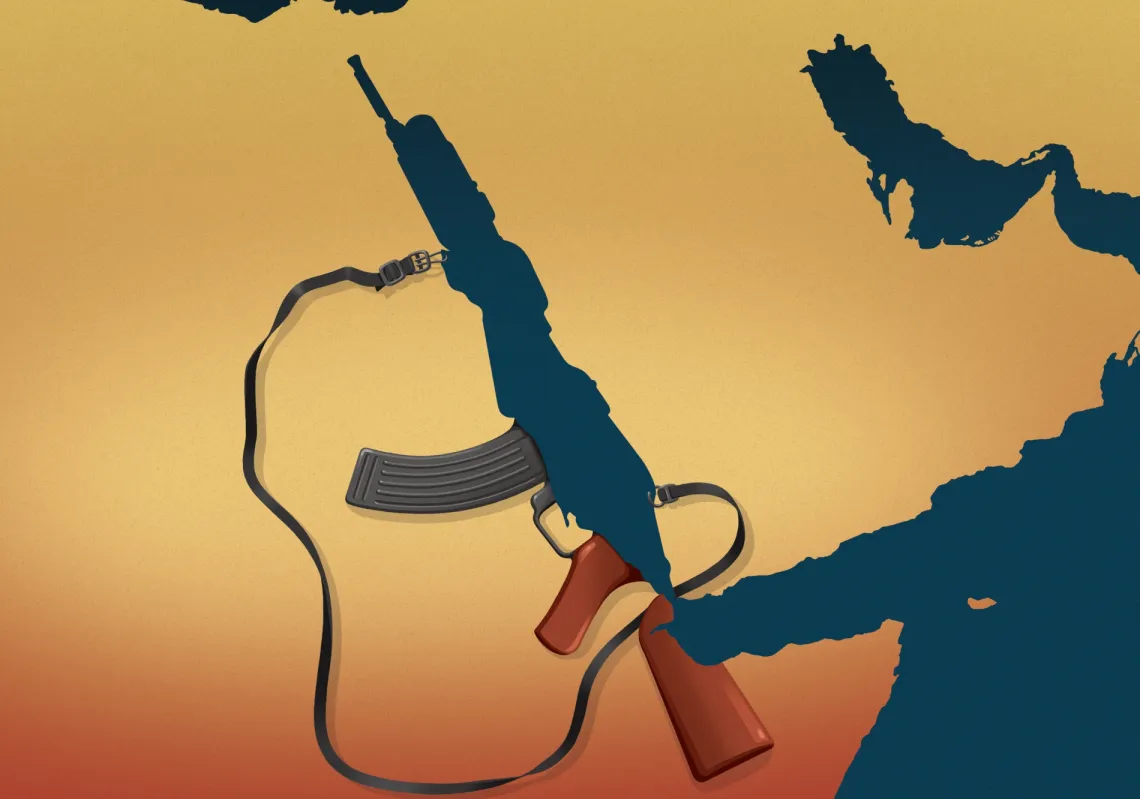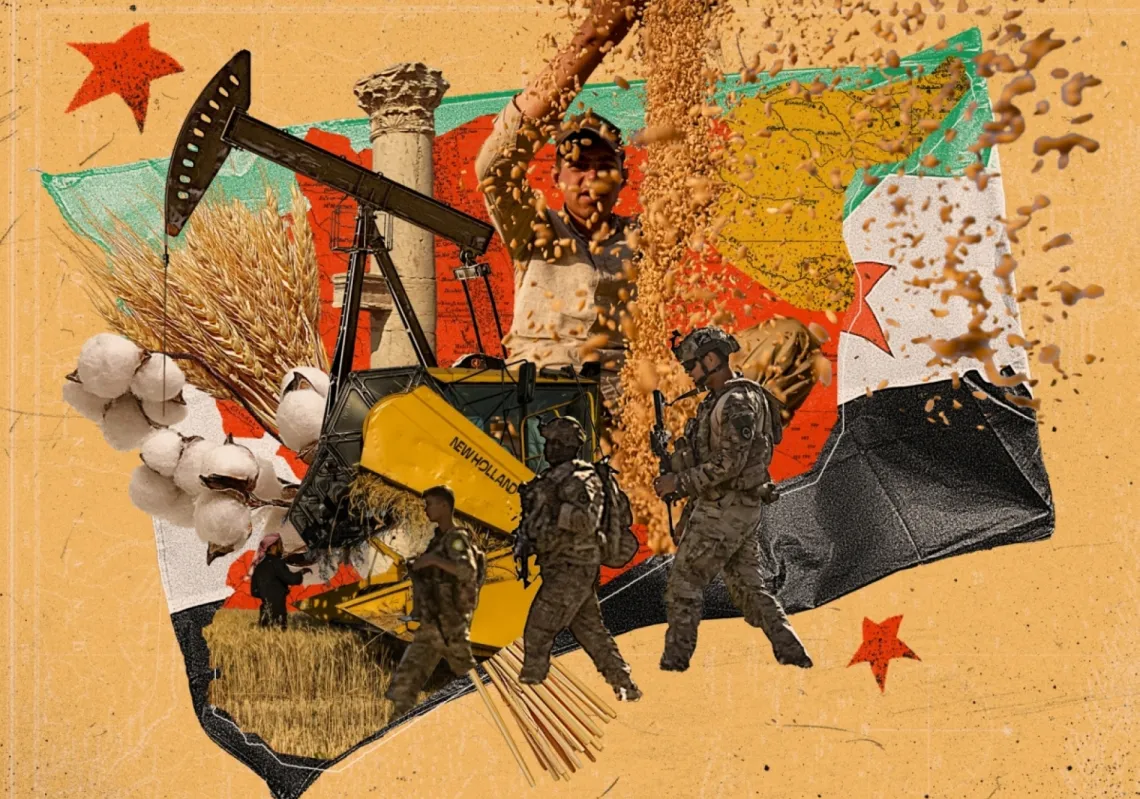 Iranian President Mahmoud Ahmadinejad (R) and Esfandiar Rahim Mashaei (L) flash the sign of victory during their press conference after Mashaei registered his candidacy for the upcoming presidential election at the interior ministry in Tehran on May 11, 2013. (BEHROUZ MEHRI/AFP/Getty Images)[/caption]On his eight trips to New York to attend the annual UN Assembly gatherings, Iranian president Mahmoud Ahmadinejad never missed a chance to present himself as a revolutionary. He thundered each time from the UN podium that Iran can help bring about a different kind of “global system”—a swipe at the Western powers.
Iranian President Mahmoud Ahmadinejad (R) and Esfandiar Rahim Mashaei (L) flash the sign of victory during their press conference after Mashaei registered his candidacy for the upcoming presidential election at the interior ministry in Tehran on May 11, 2013. (BEHROUZ MEHRI/AFP/Getty Images)[/caption]On his eight trips to New York to attend the annual UN Assembly gatherings, Iranian president Mahmoud Ahmadinejad never missed a chance to present himself as a revolutionary. He thundered each time from the UN podium that Iran can help bring about a different kind of “global system”—a swipe at the Western powers.
Overthrowing the global system is a tall order by any estimation. Now, at the sunset of his presidency, Ahmadinejad is finding his entire foreign policy record questioned by the very same political allies in Tehran that had initially praised his lofty goals.
Not only are his domestic detractors denying his foreign policy record, but the sitting president himself is denying it too. Ahmadinejad, in a rather pitiful gesture, said last week that he had no control over Iran’s nuclear policy, the highest foreign policy item on the agenda in Tehran in the last decade. He said that responsibility for those decisions lay with “someone else.” That "someone" was, of course, a reference to Iran’s supreme leader, Ayatollah Ali Khamenei.
By saying such things, Ahmadinejad hopes to disassociate himself from the agonizing pain brought on the people of Iran by the international sanctions imposed as a result of Tehran’s nuclear program. He is not, however, going to convince many Iranians.
Ahmadinejad's sudden concern about his political legacy comes as he is departing power, but few Iranians will forget how he was at the heart of the misplaced overconfidence in Tehran that dismissed the impact of sanctions and for eight years failed to reach a compromise on the nuclear file for years after he became president in 2005. Such was his misplaced eagerness to make his mark on Iran and the world that Ahmadinejad once famously said that the United Nations could issue sanctions against Iran until its “sanction-making printer breaks down.”
Ahmadinejad's larger problem, with the Western world in particular, was always the image he exhibited. He went out of his way to cultivate the persona of a radical populist whose announcements and actions were hard to predict. No wonder, then, that his main political soulmate among foreign leaders was the equally bombastic former leader of Venezuela, Hugo Chávez. An Islamist and a socialist make an unlikely pair, but both men basked in confrontation for the sake of it.
In fact, in terms of ideological substance, Ahmadinejad was hard to pin down. That included his exploits in the realm of foreign policy. Take his position on Iran’s relations with the United States: as soon as he arrived, he went out of his way to rile the US policy-making community and public opinion. On the nuclear file, he said it was a program like a “locomotive without brakes.” Now, he says he is not responsible for the way the program was handled.
He repeatedly called for the US to leave the Middle East, only later to change his tune. In his most recent trips to New York, he openly spoke of the the need for Washington and Tehran to look for ways to compromise with each other.
In relations to Israel, he made himself into a Holocaust-denier, and then backtracked. His right-hand man, Rahim Esfandiar Mashaei, later got into trouble with other hardliners by suggesting that Iran had “no problem with the Israeli people.” It was such futile postures and U-turns that allowed all the candidates in this election season in Tehran to resoundingly reach the consensus that Ahmadinejad’s two terms were a disaster for Iranian foreign policy.
There is no doubt that in 2005, Ahmadinejad and the team of novices he surrounded himself with took a while to understand how the world works. They wanted to change the world before they understood the subtleties of international affairs. By the time they began to come to their senses, it was too late. And its too late to blame all the mishaps on others, even though other regime players, including Supreme Leader Ali Khamenei, are not themselves blameless in Iran foreign policy woes.








